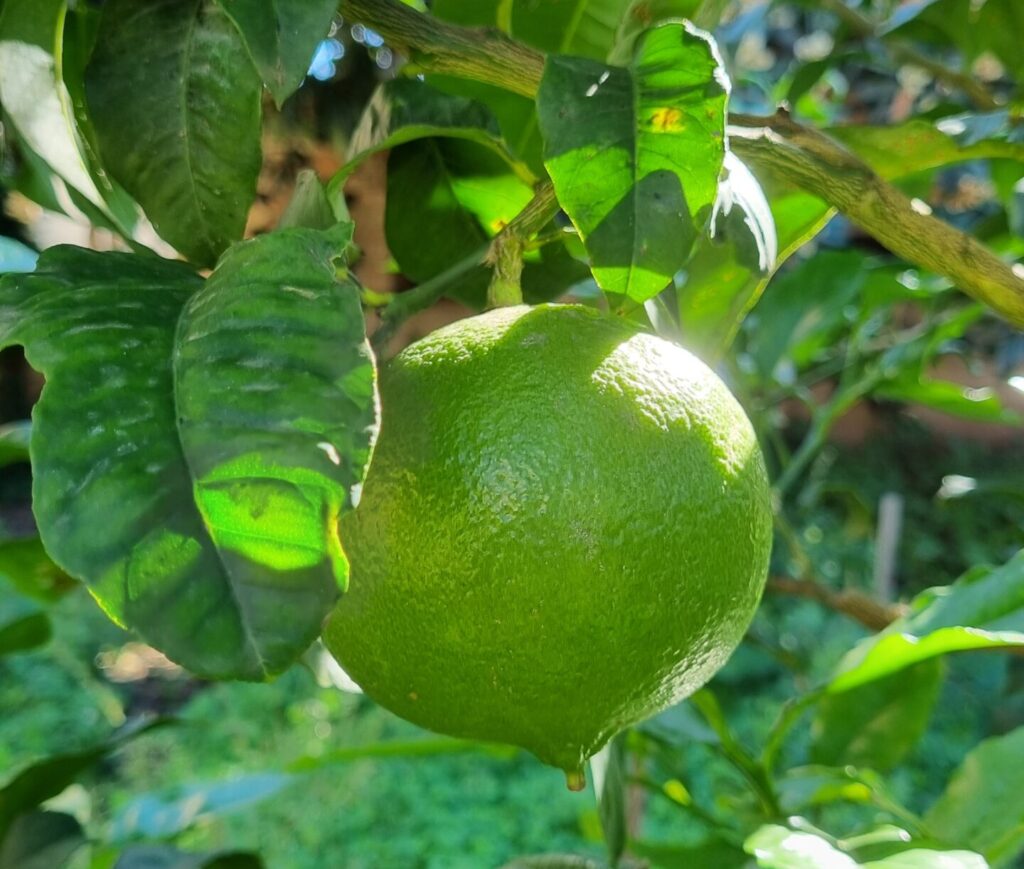Intoxicating scent, sour, bitter and pungent taste, surprising health properties: this is the bergamot, the citrus fruit of Calabria, which is found in the southernmost part of the Jonica Reggina coast, a combination of natural factors so congenial that about 90% of the world production of Bergamot comes from this territory.

Known since 1700, when its essential oil was mainly used in perfumery and cosmetics, today it boasts numerous uses in the kitchen.
Like most citrus fruits, it is harvested in winter, between November and March. It has a yellow-green skin and it is precisely from this that the essential oil of bergamot is extracted. In 2001 was awarded with the DOP “ Bergamot of Reggio Calabria – essential oil” category.
More recently, the news is that work is now being done to extend the DOP to also include the fresh fruit of the Bergamot of Reggio Calabria.
This fruit is so famous that a museum has been dedicated to the Bergamot in Reggio Calabria: The Bergamot and Food Museum.
The benefits of bergamot
Calming, antibacterial, antioxidant and fragrant: bergamot has many properties and countless benefits on mood and health.
For this reason, its use ranges from cosmetics to cooking, where it is appreciated for its pungent and persistent aroma, so different from that of lemons, oranges or chinotti.
Rich in vitamins (especially C and A), flavonoids and antioxidants, bergamot extract is a real panacea for the entire cardiovascular system, helping to fight bad cholesterol and lowering blood sugar.
Moreover, like most citrus fruits, being rich in vitamin C it improves the absorption of iron.
Use of bergamot in cosmetics and perfumery
The preciousness of the gold of Calabria was already recognised during the court of Louis XIV, in the Palace of Versailles, when “bergamot water” brought as a gift by a Sicilian gentleman was used for its sanitising properties, at a time when plague and various other infections were rampant.
Bergamot essential oil has powerful antiseptic, healing and regenerating properties and is therefore also used in cosmetics. Cold extraction from the peel, in addition to being used in disinfectant preparations, is often used in face or body creams, thanks to its powerful antioxidant effect.
Bergamot essential oil is also used in aromatherapy for its calming, antidepressant and anti-stress action.
If you want to learn more about the history, properties and uses of bergamot, we invite you to visit the website of the Consorzio di Tutela del Bergamotto.
How do you eat bergamot?
We have already mentioned how this fruit is also used in the kitchen: but how can we eat bergamot?
First of all, we can use it for precious freshly squeezed juices or the preparation of granita, sorbets and ice creams. Chefs use it to marinate meat or fish and to flavour risottos and pasta dishes.
Fresh fruit can also be eaten in slices in salads, avoiding, as with other citrus fruits, the peel and the pith.
In desserts it is used to prepare jams and creams, but also to make candied fruit that enrich panettone and dough.
A particularly delicious preparation is also bergamot paste made of honey, bergamot pulp and rind: we use it, for example, in our tarts!
We use bergamot in different fresh and packaged products in our artisan bakery in Reggio Calabria:
- Amaretti with bergamot jam
- Shortbread with almonds and bergamot
- Panettone with bergamot
- Bergamot Kamut knots (organic biscuits)
- Tarts with bergamot
If you want to discover some delicious recipes, read our blog post with the 5 best recipes using bergamot.
